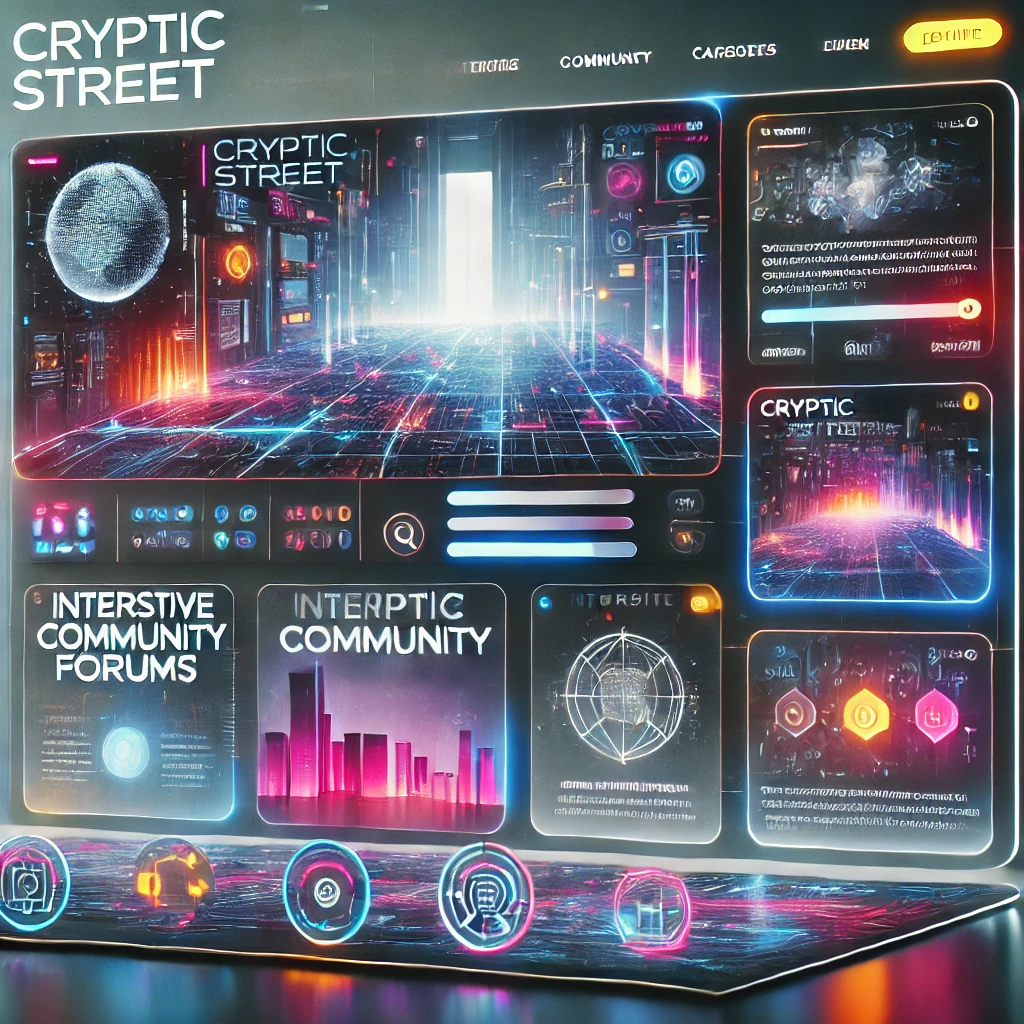Facebook 2900141000: Understanding the Platform’s Complex Identity
Introduction to Facebook’s Unique Identifier Codes
Facebook, one of the most widely recognized social media platforms, operates through a complex network of systems and identifiers that help users navigate and engage with the platform. Among these is a unique set of numeric codes that can appear in different contexts, often linked to pages, groups, or accounts. One such code is “2900141000,” which some users may encounter during their experience on Facebook. This code, like others, serves specific functions within Facebook’s infrastructure and may hint at the platform’s expansive database and intricate framework.
What Is Facebook 2900141000?
The term “Facebook 2900141000” may appear to be random but could be related to a type of ID within Facebook’s vast user and content databases. Facebook uses numeric identifiers to manage different aspects of the platform, from user accounts and pages to posts and interactions. Each ID is unique, allowing the platform to keep track of millions of pages and user accounts efficiently. Although information on “2900141000” specifically is sparse, understanding its context within Facebook’s operations can provide insights into why certain codes appear and how they influence user experience.
The Role of Numeric IDs in Facebook’s System
Every Facebook account, post, page, and piece of media is assigned a unique numeric identifier, enabling the system to manage vast amounts of data efficiently. These identifiers, often called “object IDs,” are part of Facebook’s Application Programming Interface (API), helping developers and the Facebook backend manage interactions within the ecosystem. For instance, when someone uploads a photo or creates a new page, Facebook assigns an ID to this content, which it uses to retrieve or manipulate data as needed.
The “2900141000” identifier might represent a group, page, or even an internal code for a particular feature or test function. By organizing content in this manner, Facebook ensures scalability, even as it manages billions of pieces of content every day.
Why Facebook IDs Are Important for Users and Developers
For the average Facebook user, these numeric IDs often operate in the background. However, for developers and businesses, they are critical in accessing Facebook’s data or integrating with the platform through the Facebook API. The IDs can also be used for creating custom links, embedding content, or gathering specific analytics data.
For example:
- Embedding Facebook Content: When developers want to embed a specific Facebook post or video on an external site, they need to access the unique ID for that content.
- Data Tracking and Analytics: Businesses use IDs to track performance data on Facebook, such as monitoring likes, comments, or shares on a post.
- Custom Integrations: Facebook IDs enable businesses to create apps or tools that work seamlessly with the platform, enhancing functionality or providing insights into user behavior.
How to Find Facebook Numeric IDs
For those interested in discovering IDs, Facebook provides ways to access these codes:
- Using the URL: Often, the ID is embedded in the URL for a page or post. For example, in the URL of a Facebook page, the ID may appear after a segment of code.
- Developer Tools: Facebook’s Graph API Explorer lets developers search for specific objects using Facebook IDs. By inputting certain parameters, users can retrieve data on specific pages, groups, or users, as long as they have the necessary permissions.
Identifying and utilizing these codes is essential for developers seeking more control over how they interact with Facebook’s extensive dataset.
What “Facebook 2900141000” Might Represent
Given the lack of specific details surrounding “Facebook 2900141000,” it’s possible this identifier serves an internal function, such as representing a sandbox environment, a test account, or even a placeholder for experimental Facebook tools. Facebook continuously evolves its algorithms, tools, and features, and large platforms like Facebook use identifiers for test elements before launching them publicly.
Facebook’s Testing and Development Practices
One reason why codes like “2900141000” exist within Facebook’s system could relate to the platform’s regular testing and experimentation. Known for its rapid iteration of features, Facebook often tests new ideas in controlled environments before broader implementation. This approach is part of Facebook’s commitment to enhancing user experience through updates and innovations.
Facebook has a history of conducting “A/B testing,” a method in which different user segments see various versions of a feature. It’s possible that codes such as “2900141000” represent these test instances, keeping them separate from public-facing IDs.
User Concerns and Data Privacy with Facebook Identifiers
The presence of codes like “2900141000” can sometimes create concerns among users about data privacy, especially given Facebook’s high-profile history with privacy matters. Facebook assures that unique IDs assigned to users, pages, and content are generally harmless and are essential for internal organization. However, users often have concerns about their data and how it’s managed.
Facebook addresses these concerns by allowing users to control their privacy settings, ensuring that data collected or accessed through these IDs remains within the guidelines of user consent and permissions. Additionally, Facebook enforces data anonymization practices to ensure IDs do not directly expose personal information without explicit consent.
Facebook Identifiers and Their Role in Future Developments
As Facebook continues to advance its technology, these numeric identifiers will likely play an increasingly important role. With the integration of artificial intelligence, machine learning, and the metaverse, the platform’s backend system will require even more advanced methods of cataloging and managing data. Numeric IDs, including those like “2900141000,” may evolve as Facebook seeks new ways to connect data in more complex and interconnected ways.
Future uses of these IDs could include:
- Personalized Experiences: Enhanced algorithms may use unique identifiers to tailor user experiences further, providing more personalized feeds and targeted content.
- Advanced Analytics: Facebook will likely expand its analytic capabilities, relying on numeric identifiers to gather and process vast amounts of data for advertisers and creators.
- Cross-Platform Interoperability: As Facebook’s parent company, Meta, focuses on building a connected digital ecosystem, these identifiers might play a key role in merging user experiences across platforms like Instagram, WhatsApp, and emerging metaverse applications.
Conclusion: The Intriguing Role of Facebook 2900141000
In summary, “Facebook 2900141000” serves as a fascinating example of the vast and intricate systems that underpin one of the world’s largest social media platforms. While specific details on this identifier may remain elusive, understanding Facebook’s use of numeric codes helps us appreciate the complexity and efficiency of the platform. These IDs not only keep Facebook’s backend organized but also empower developers, advertisers, and users in various ways.
For everyday users, these codes may seem mysterious, but they are critical to the seamless, responsive experience we have come to expect. As Facebook and Meta look toward the future, these identifiers will continue to serve as building blocks for innovations, expanding possibilities in social media, virtual reality, and beyond.










